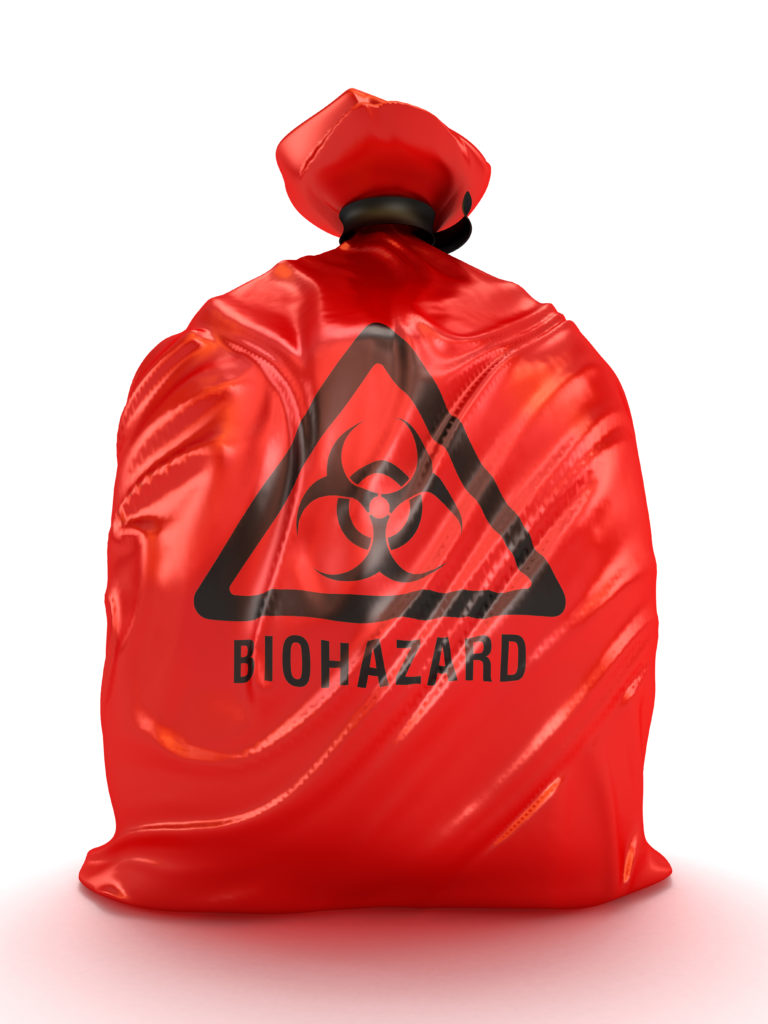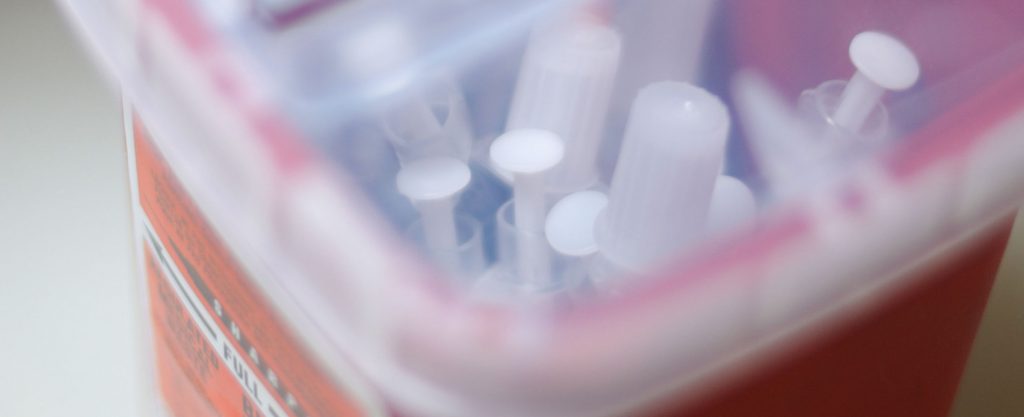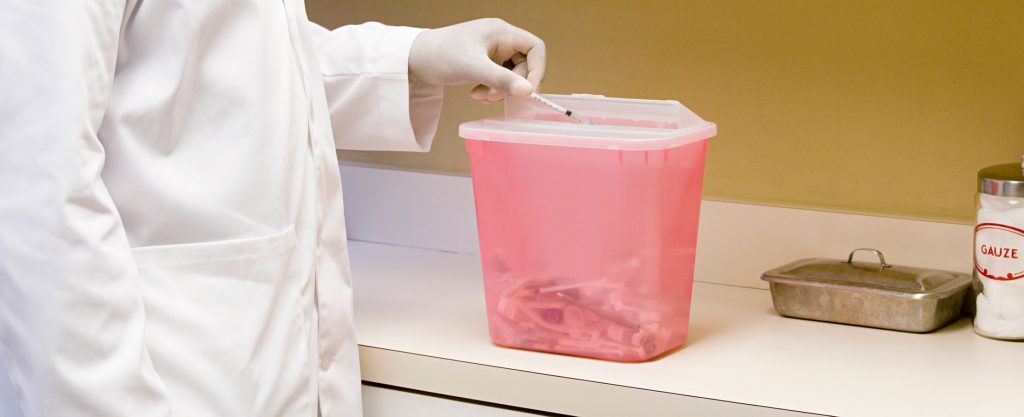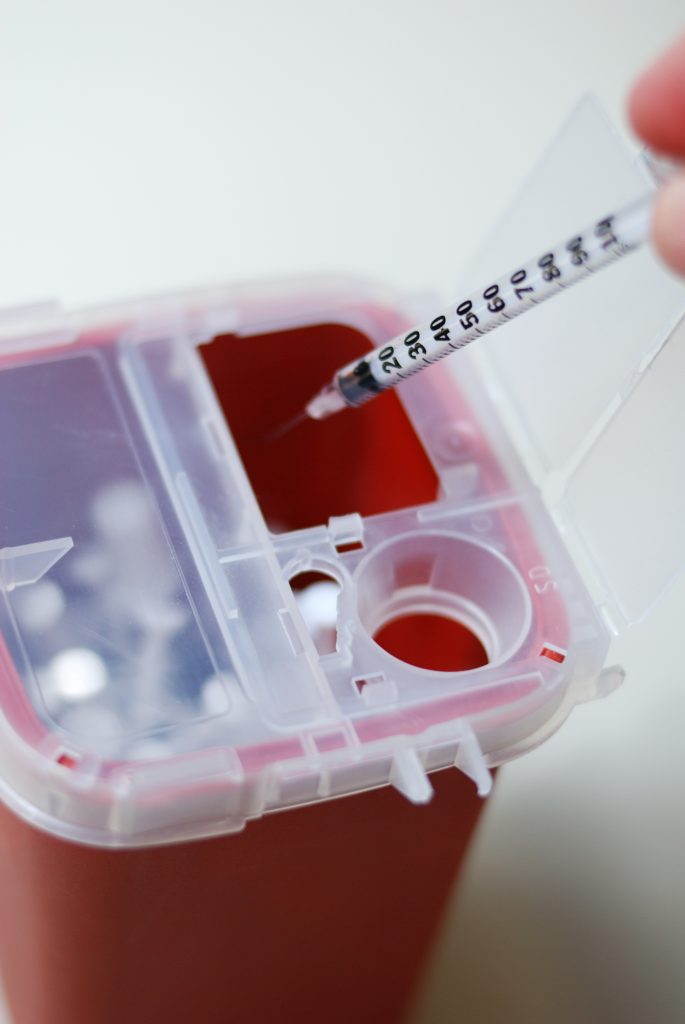Archive for November 2017
Biomedical Waste, Infectious Waste, Pathological Waste (Oh My!)
Medical waste can be identified by a few different categories, but not all are the same. When it comes to medical waste, there isn’t a one-size-fits-all solution. There are actually several forms of waste that are considered hazardous, and each come with its own unique set of requirements for proper disposal. Whether it’s biomedical (or…
Read MoreWashington Medical Waste Requirements
A look at Washington medical waste requirements. Each of our 50 states have developed rules and implemented regulations for medical waste. The state rules vary to some extent, including terminology, but all are bound to the same federal laws, many of which the states have adopted as their own. Washington’s medical waste disposal regulations are…
Read More5 Reasons We’re Thankful for Modern Medical Waste Practices
If it weren’t for modern medical waste disposal laws, regulations, and technologies, our communities and our environment would be in serious danger. Modern medical waste removal is governed by many laws, so much so that most take for granted just how long it has taken us to arrive at safe and effective medical waste management…
Read MoreVirginia Medical Waste Requirements
A look at Virginia medical waste requirements. Medical waste in the state of Virginia is managed by its Department of Environmental Quality (DEQ), which sets the standards for the storage and treatment of regulated medical waste.
Read MoreSharps Disposal 101
Due to their potential to transmit disease, it is important that anyone generating sharps be aware of the requirements for their proper disposal. Improper disposal of medical sharps can cause needlestick injuries and spread infectious diseases, which is why generators need to understand the proper (and approved) methods for safe sharps disposal. In addition to…
Read MoreVermont Medical Waste Requirements
A look at Vermont medical waste requirements. The state of Vermont governs its medical waste through its Agency of Natural Resources under the Department of Environmental Conservation. Like other states, Vermont considers the following as regulated medical waste: pathological waste, human blood and blood products, cultures and stocks, sharps waste, animal waste, and chemotherapy waste.…
Read MoreThe Basics of Sharps Management, and Why Containers Matter
Sharps waste is classified as biohazardous waste and must be carefully handled, which is why the container you use matters. On-site management of regulated medical waste is a multi-pronged issue, as there are state and federal regulations, all of which cover packaging, disposal, handling, and removal. Medical waste packaging and labeling in a facility that…
Read MoreUtah Medical Waste Requirements
A look at Utah medical waste requirements. Utah medical waste is governed by the state’s Division of Solid and Hazardous Waste under the Solid Waste Management program. Utah is very specific in how it defines and explains what medical waste is; instead of just referring to it simply as medical waste, the state identifies medical…
Read MoreMedical Waste Management Solutions for Flu Season
As people flock to get their yearly flu shots, it’s up to facilities who administer them to employ a compliant and safe sharps disposal plan. While the seasonal flu can fluctuate year round, the CDC states that flu season can begin as early as October and continue into as late as May. With flu season…
Read More








